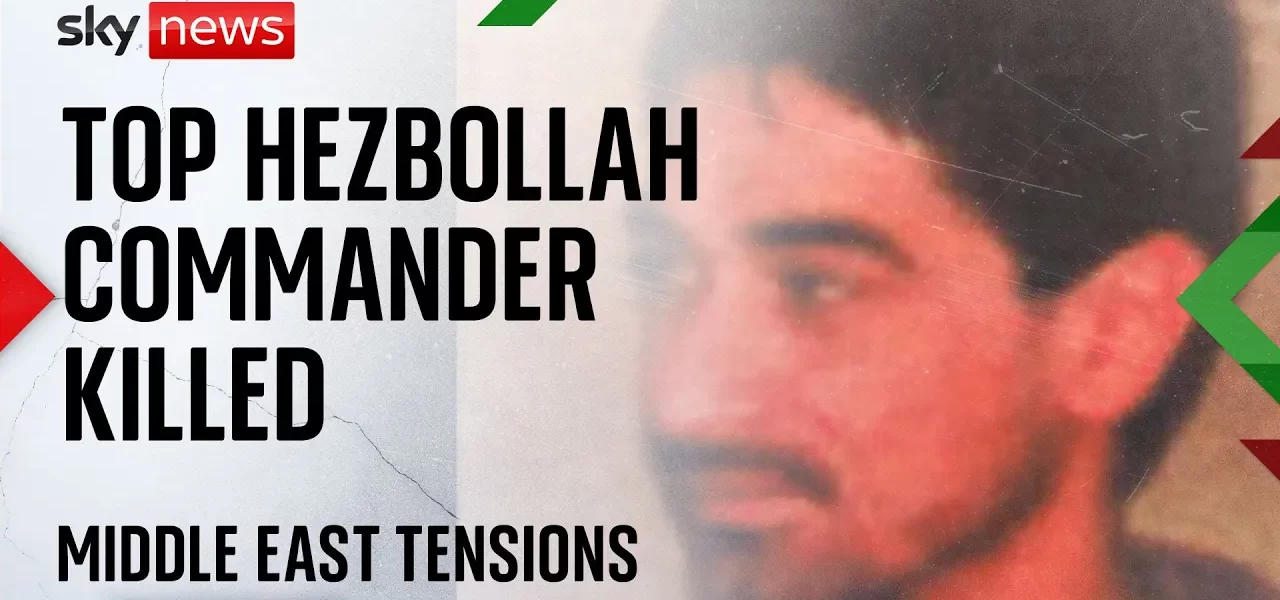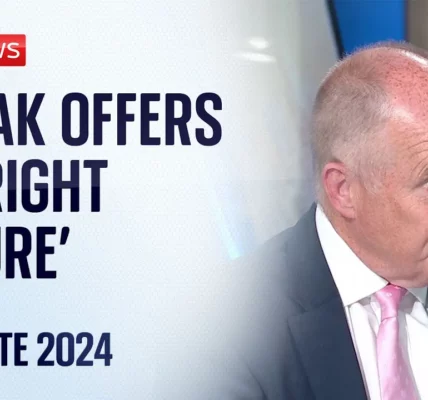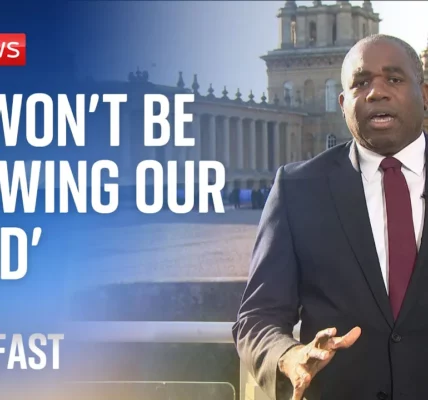Israeli Air Strikes Target Hezbollah Commander Ibrahim Akil in Beirut

The recent Israeli airstrikes on Beirut have resulted in significant casualties and a potential shift in the ongoing conflict between Israel and Hezbollah. This article explores the details of the attack, the target, and its implications for Lebanon and the broader Middle East.
Introduction
In a dramatic escalation of violence, Israeli airstrikes have targeted a high-ranking Hezbollah commander, Ibrahim Akil, in Beirut’s southern suburb of Dahia. According to security sources and reports from the Lebanese Health Ministry, the strikes have resulted in at least eight fatalities and 59 injuries. These developments come on the heels of a series of attacks that have left the region on edge, prompting critical questions about security, political dynamics, and the potential for further conflict in Lebanon.
The Target: Ibrahim Akil
Hezbollah Commander Ibrahim Akil has been a longstanding target for both Israeli and American forces. His involvement in past violent incidents, notably the 1983 U.S. Embassy bombing, has placed a significant bounty on his head, estimated at $7 million. Understanding why Akil was targeted requires insight into his role within Hezbollah and the implications of his potential death.
Background of Ibrahim Akil
Akil’s prominence within Hezbollah as a military commander has made him a key figure in the ongoing conflict with Israel. His leadership and strategic decisions have contributed to Hezbollah’s operational capabilities, making him a critical target for Israeli intelligence.
Implications of His Targeting
- Potential for Hezbollah’s leadership vacuum
- Increased Israeli military operations within urban areas
- Risk of retaliatory actions by Hezbollah against Israeli interests
The Air Strikes on Beirut
The airstrikes that occurred in Beirut marked a significant shift in Israeli military strategy, as strikes in urban centers have been relatively rare since the conclusion of conflicts in the region. The Dahia suburb, a Hezbollah stronghold, was severely impacted, with reports of extensive destruction.
Casualties and Damage
According to local health authorities, the airstrikes resulted in:
- 8 confirmed deaths
- 59 individuals injured
- Destruction of residential buildings
Images emerging from the scene depict a chaotic aftermath, with debris, damaged vehicles, and emergency services struggling to assist the injured. This level of destruction raises concerns about civilian safety and the humanitarian impact of military operations.
Broader Context of Military Operations
In the preceding days, Israel conducted over 100 airstrikes in southern Lebanon, indicating a heightened campaign against Hezbollah. This increase in military action suggests a strategic shift by Israel to undermine Hezbollah’s operational capabilities directly within populated areas.
Reactions from Lebanese Society
The response to the airstrikes and the potential death of Ibrahim Akil is complex due to Lebanon’s diverse ethnic and religious landscape. Hezbollah, while powerful, does not represent the entirety of Lebanese society, which includes Christian, Druze, Sunni, and Shia communities.
Public Sentiment
Many Lebanese citizens are weary of the ongoing conflict, especially given the country’s dire economic and political situation. The airstrikes are likely to be met with:
- Fear of further escalation
- Discontent towards the Hezbollah-led conflict with Israel
- Calls for a political resolution to prevent further violence
Political Implications
As the caretaker government struggles to address the needs of its citizens, there is concern that increased military action will exacerbate existing tensions and hinder any efforts toward political stability. Analysts are questioning whether this conflict will provoke a stronger response from Hezbollah or if it will lead to further fragmentation within Lebanese governance.
Conclusion
The targeting of Hezbollah Commander Ibrahim Akil by Israeli airstrikes represents a significant moment in the ongoing conflict between Israel and Hezbollah. As the situation unfolds, it is clear that both sides may be moving towards a more aggressive posture, with implications not only for their immediate confrontation but also for the broader stability of the region.
As tensions rise, it is crucial for local and international actors to consider the humanitarian impact of military actions and seek pathways to dialogue and resolution. For those interested in staying informed about developments in the Middle East, follow our coverage on regional security and political dynamics.
“`




